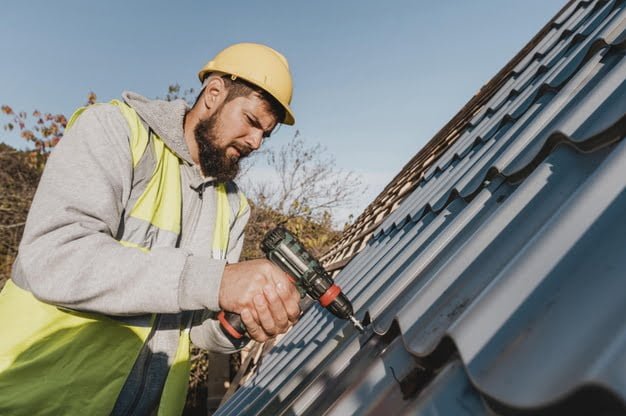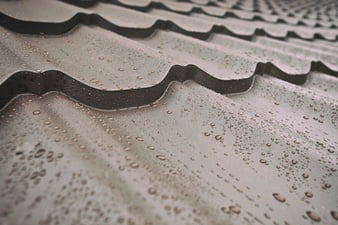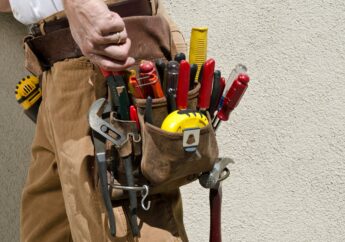What To Look For In A Commercial Roofing Warranty
by Abdul Aziz Mondal Business Published on: 04 May 2021 Last Updated on: 27 December 2024

As you may already know as a savvy business owner or facility manager, a warranty is a crucial legal tool for obtaining reparations where they are due.
All warranties are designed to provide legal protection to both consumer and seller, but some are better than others.
Before moving forward with your new commercial roof installation, make sure you are getting the best deal on the market.
Here are a few key considerations to look for in your commercial roofing warranty.
Labor & Installation Coverage:

First, you should expect at least two kinds of warranties to come with your brand new roof.
The Roofing Contractor Warranty is an agreement between you and your roofing contractor that ensures proper installation of the roofing system.
It is designed to protect you from faulty workmanship or damage resulting from poor quality labor during construction. Choose a contractor whose warranty covers the entire cost of labor as well as any materials that come from them.
Scope of Materials Coverage:

The second type of warranty comes from the roofing materials manufacturer and covers materials damaged due to defects or premature aging.
These warranties typically do not cover labor and often come with provisions that must be met before they can be effective. They may require you to use a certified roofing contractor, to wait until after the installation is complete, or to maintain your roof regularly with inspections.
Rules such as these are ultimately for your benefit as they uphold industry-wide best practices and ensure higher standards of quality and care.
There are four common types of manufacturer’s warranties. An NDL warranty covers the full roofing system, including flashings, accessories, and even some cost of labor, regardless of the total cost of repairs.
As such, it’s the most comprehensive warranty, ideal for facility managers who can prioritize the security of full coverage over cost. A materials warranty is somewhat more limited in that it will only cover the manufacturer’s materials within a specific window of time.
A labor and materials warranty, as the name suggests, covers a limited dollar amount of the cost of faulty materials and improper labor. Lastly, a roof system warranty is the least inclusive as it only covers the roofing membrane.
Duration of Coverage:
The length of roofing warranties changes from one company to the next. Some roofing contractor warranties only last one year, while others last up to a decade.
Most are effective up to around five years. Likewise, manufacturer warranties will also vary from one manufacturer to the next and even from one warranty type to the next.
In general, manufacturer warranties are valid for ten, twenty, or thirty years.
High Wind & Weather Incidents:
Damage resulting from inclement weather, such as thunderstorms, hurricanes, or tornadoes, is usually not covered in roofing warranties.
However, on the off chance that weather incidents are covered in a prospective warranty, jump on this rare opportunity!
At the very least, some might honor damages from high winds over a certain speed, or there may be an option to pay extra for such additional coverage.
It’s worth looking into and asking about, especially if your property resides in a region prone to wind or high rainfall. Otherwise, your roofing insurance package should be enough to cover weather-related incidents but don’t expect much from your warranty.
Talk to your roofing contractor about the kinds of warranties that come with your commercial roof cooperative purchasing.
Don’t hesitate to shop around to find a warranty that suits your coverage expectations and your building’s unique needs. As long as you know exactly how far your warranty can protect your property, you will have the power to make the right decisions for your business.



































































































